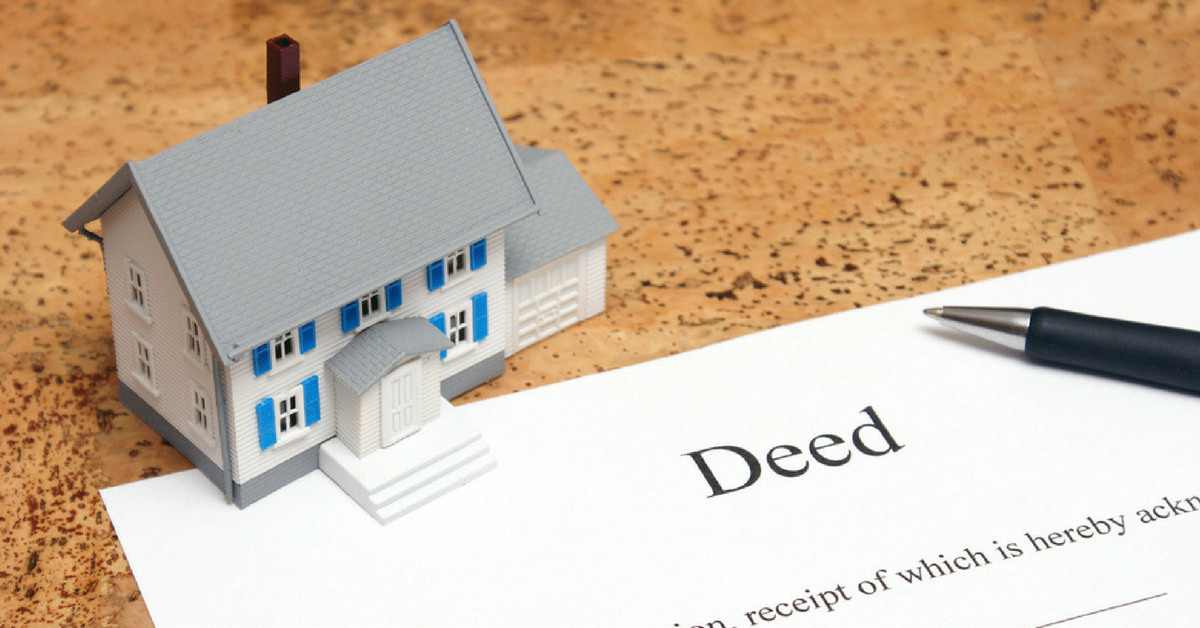Many clients who come into our office for counsel about estate planning or Medicaid planning own homes and other real property. It may be the largest asset they own. Therefore, decisions about ownership or transfers of land and buildings must be made in a thoughtful way. Bad choices with these assets can cause huge problems later.
Every person who owns a residence or other real property must be aware of the form of ownership. If the deed states that property is conveyed to two persons as “joint tenants with rights of survivorship,” both joint owners must sign any documents to deed or mortgage the property. Also, the property will be owned outright by the surviving co-owner if one owner dies, and the property will not pass under the will of the deceased co-owner.
If two or more persons own property together without the “joint tenants with rights of survivorship” wording, they are considered “tenants in common” and each one owns a proportionate share of the property only. Either owner can dispose of his/her portion without the signature of the other (but not homestead property). If one co-owner dies, the surviving owner will only continue to own her original share and the share of the deceased co-owner will pass to the heirs or last will and testament beneficiaries of the deceased co-owner.
Also, a deed may convey land to another and retain for the original owner the right to use and occupy it during that owner’s lifetime (a “life estate” deed). The land will pass directly to the named recipient at the original owner’s death and will not pass through will or probate at the original death; the property is not subject to Medicaid payback claim at the original owner’s death, but both owners must sign in order to sell or mortgage the property. Therefore, joint ownership and life estate deeds may be used in specific circumstances to direct ownership of land and avoid probate.
The deed or gift of real property is a “transfer” of that property for Medicaid purposes and will cause a delay in Medicaid payments for nursing home or at-home Medicaid benefits if filed for within five years from the date of the deed. Careful planning may be able to prevent or reduce such a transfer penalty.
How real property is conveyed will also determine the tax effects on the grantor or grantee. Deeding property outright to another will give that person the same cost basis (starting point for tax calculations) as the prior owner, which could cause capital gains income tax when the second owner sells the property. However, if property is conveyed to another through the current owner’s will or estate at death, or by a life estate deed at the death of the prior owner, the surviving owner will get a “stepped-up” tax basis on the property that will likely result in lower capital gains taxes if the property is later sold.
There are many considerations – and options available – in connection with disposing of real property. For help with these and other estate planning steps, call us today.
